Costa Rica has rightfully earned its reputation as a family travel paradise with its remarkable biodiversity, commitment to conservation, and excellent safety record. While all-inclusive resorts offer convenience, the country’s greatest treasures lie beyond their manicured grounds in experiences that connect families with local communities, pristine ecosystems, and the authentic pura vida lifestyle.
Here is a list of 20 remarkable family adventures throughout Costa Rica that create meaningful connections with this extraordinary country without relying on resort amenities.
Wildlife Watching at Manuel Antonio National Park
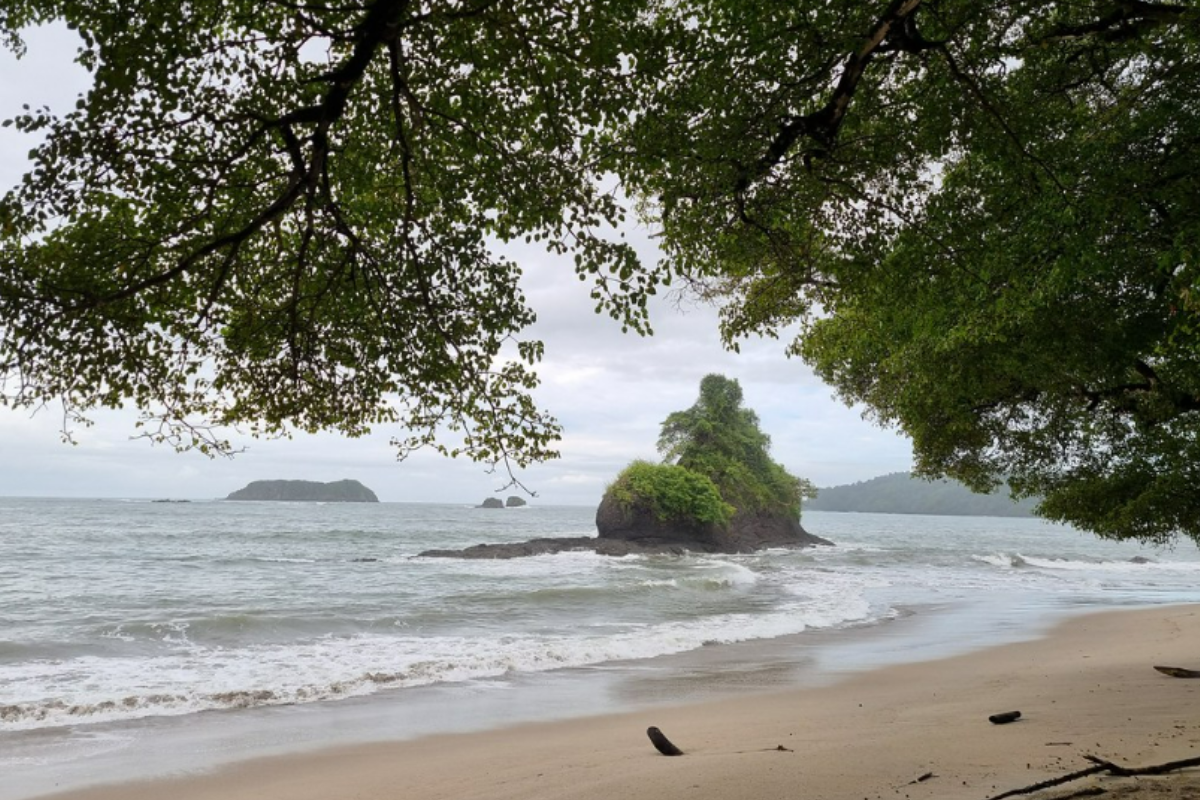
This compact yet biodiversity-rich national park combines wildlife encounters with perfect family-friendly, swimmable beaches in a manageable area—ideal for younger children. White-faced capuchin monkeys often attempt to raid unattended belongings, while two- and three-toed sloths lounge overhead, and colorful land crabs scuttle across forest trails leading to pristine beaches.
Local naturalist guides with high-powered spotting scopes help families locate well-camouflaged creatures like tiny poison dart frogs and sleeping bats that are easily missed by untrained eyes.
Tortilla Making and Traditional Cooking in Rural Communities

Several community tourism initiatives across Costa Rica offer immersive cooking experiences where families learn traditional food preparation techniques using basic tools and wood-fired stoves. Children delight in the hands-on process of making corn tortillas from scratch—grinding the corn, forming the perfect circle, and cooking over an open flame while learning about indigenous food traditions.
These authentic culinary experiences typically include shared meals with local families, creating cross-cultural connections far more meaningful than those found in typical tourist settings.
Like Travel Pug’s content? Follow us on MSN.
Night Hikes in the Cloud Forest
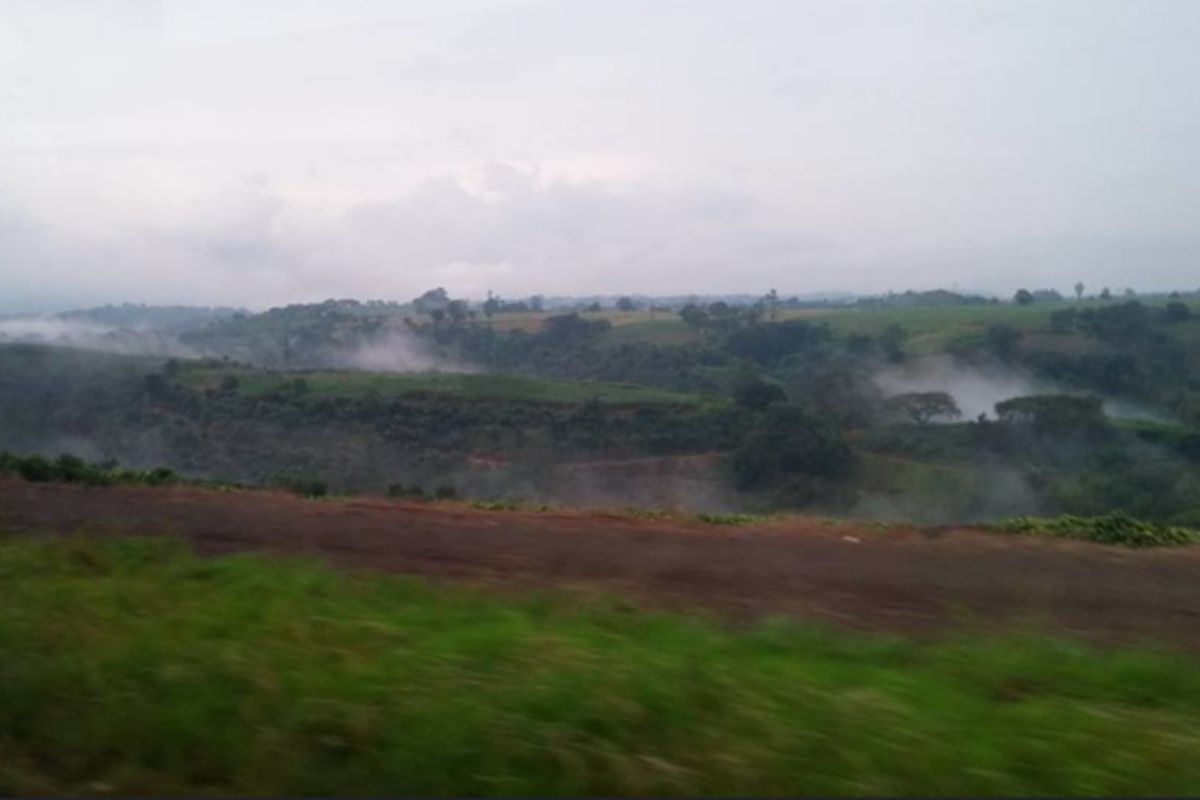
Witnessing the remarkable transformation of tropical forests after sunset reveals an entirely different ecosystem as nocturnal creatures emerge from daytime hiding spots. Specialized guides in destinations like Monteverde lead families along well-maintained trails with flashlights, pointing out tarantulas in their ground burrows, sleeping birds, hunting snakes, and fascinating insects that glow under blacklight.
The mysterious atmosphere of misty cloud forests illuminated by flashlight beams creates magical memories while teaching children about adaptations that allow animals thrive in darkness.
Volunteering at Wildlife Rescue Centers

Several ethical wildlife rehabilitation centers throughout Costa Rica welcome family volunteers for meaningful half-day experiences helping care for injured or confiscated wild animals. Age-appropriate tasks might include preparing food for monkeys, building enrichment toys for kinkajous, or cleaning enclosures for parrots seized from the illegal pet trade.
These hands-on conservation experiences teach children about wildlife protection challenges while providing tangible ways to contribute to animal welfare on their vacation.
Indigenous Cultural Experiences in Boruca or Bribri Territories
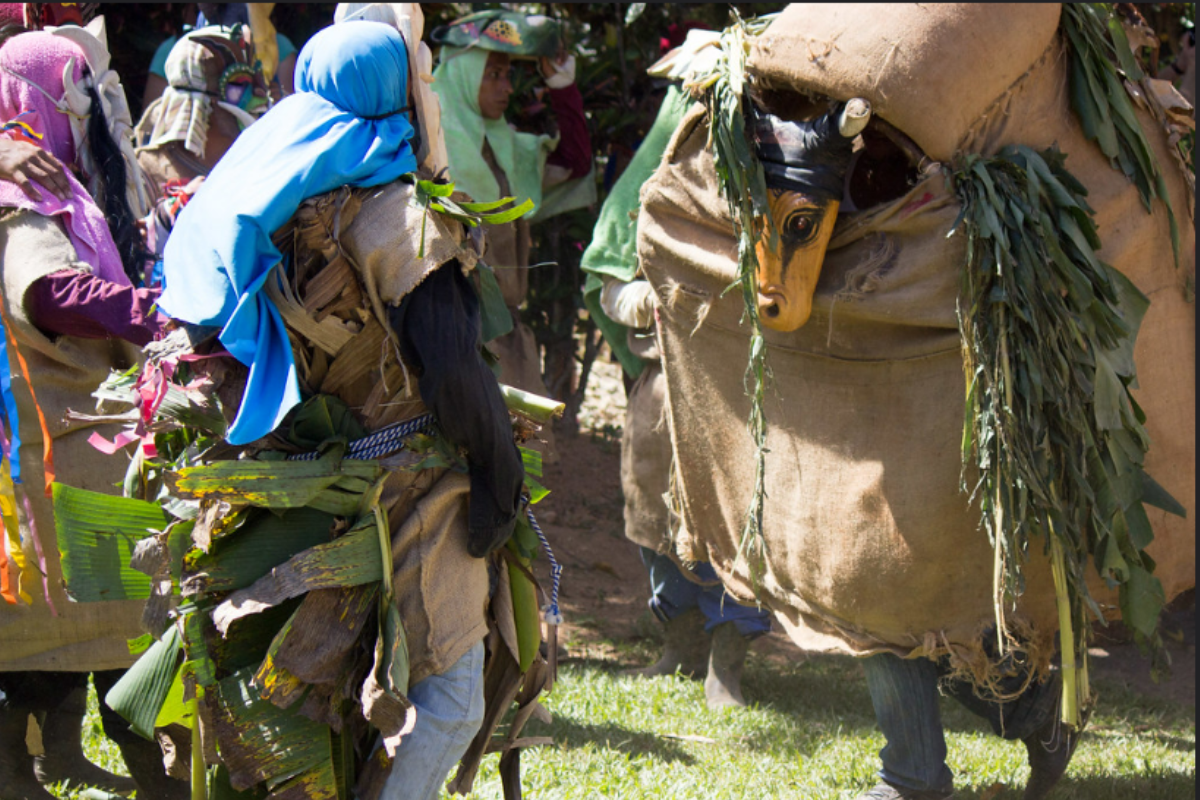
Costa Rica’s indigenous communities welcome respectful visitors for authentic cultural exchanges that support traditional practices and economic sustainability. Boruca mask-making workshops allow families to learn about the symbolic Devil Dance ceremony representing resistance to Spanish colonization while creating their own painted balsa wood masks under an artist’s guidance.
The Bribri communities near the Caribbean coast offer chocolate-making demonstrations using traditional methods, teaching families about the sacred role cacao plays in their cultural and spiritual practices.
Like Travel Pug’s content? Follow us on MSN.
Whitewater Rafting on the Pacuare or Sarapiquí Rivers
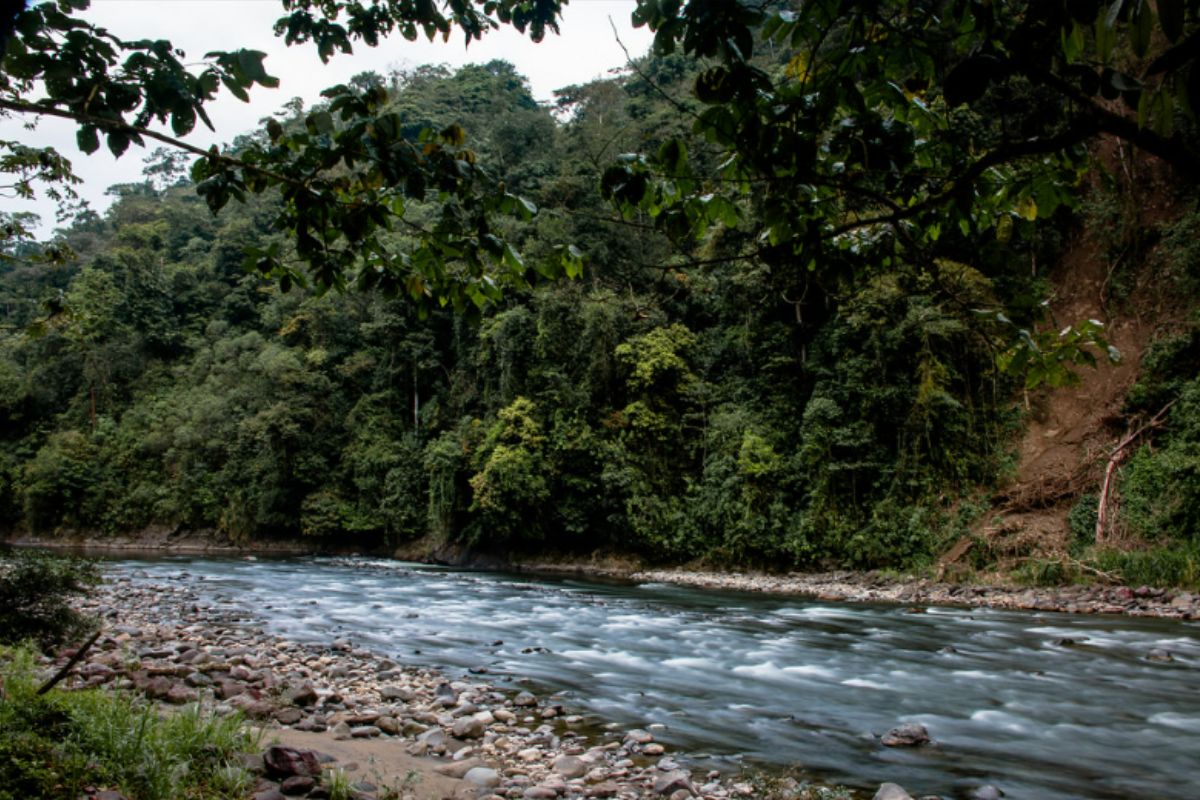
Costa Rica’s pristine rivers offer thrilling whitewater adventures suitable for various ages, with professional outfitters maintaining exceptional safety standards while navigating stunning rainforest canyons. The Pacuare River journey often includes overnight stays at riverside ecolodges accessible only by raft, where families disconnect from technology amid primary rainforest filled with toucans and howler monkeys.
Gentler sections of the Sarapiquí River provide perfect introductory experiences for families with younger children, combining mild rapids with opportunities to spot riverside wildlife.
Visiting a Sustainable Coffee Farm
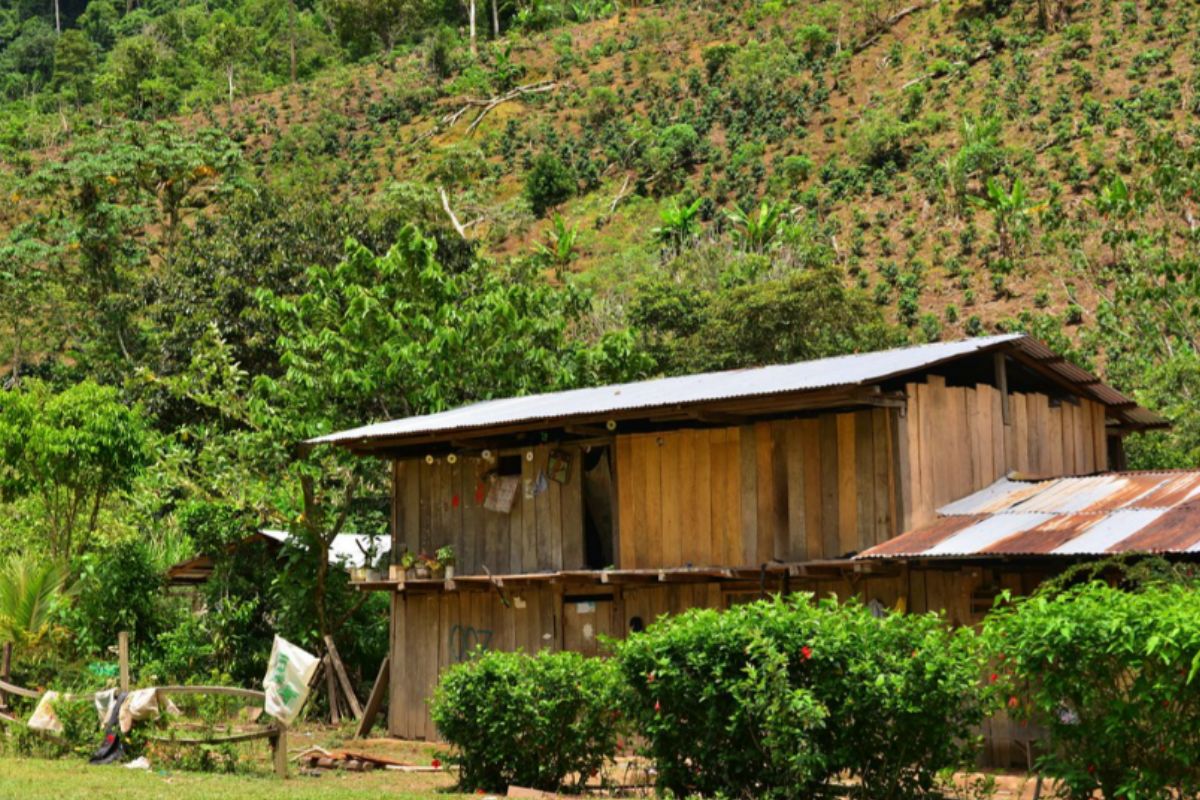
Family-owned coffee farms, particularly in the Central Valley and highlands around Monteverde, offer fascinating tours demonstrating the entire bean-to-cup process that supports Costa Rica’s internationally renowned coffee industry. Children enjoy the hands-on aspects—picking bright red coffee cherries during harvest season, hand-cranking de-pulping machines, and participating in traditional coffee preparation methods. These agricultural experiences connect families with the country’s farming heritage while explaining how sustainable growing practices protect watershed health and biodiversity across working landscapes.
Camping in Corcovado National Park
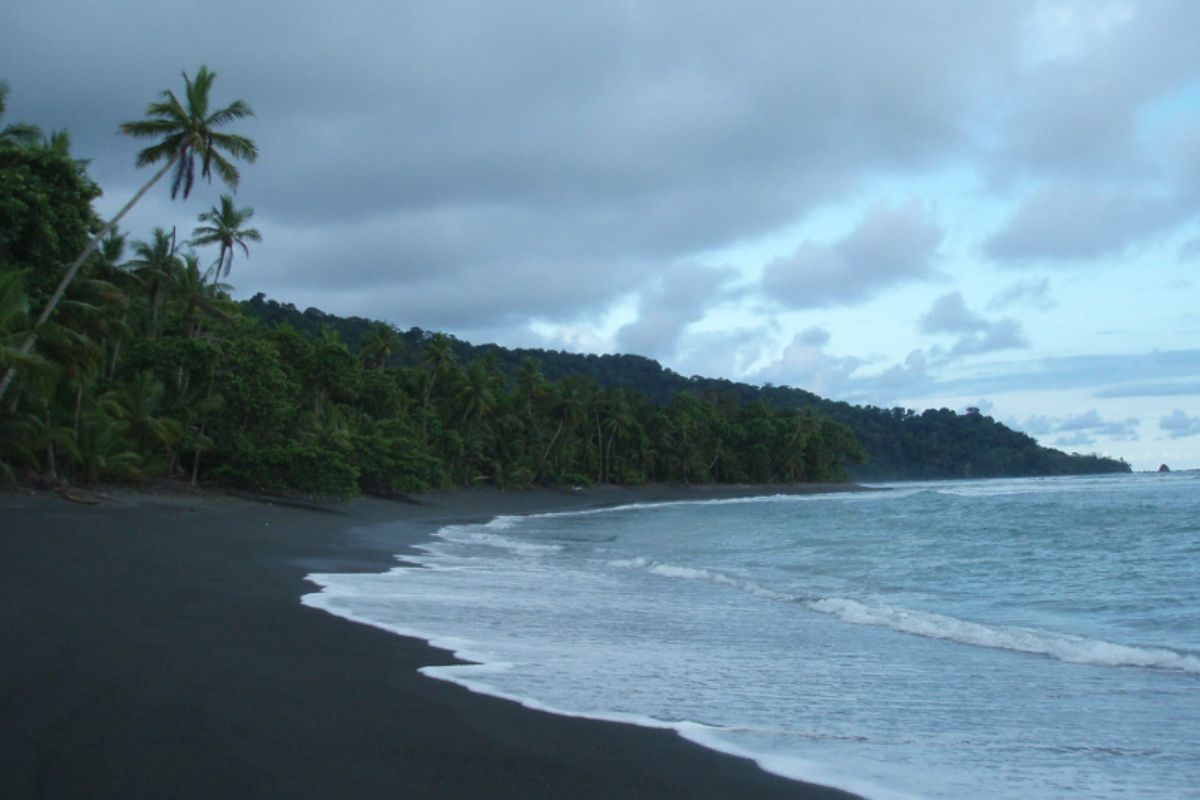
For adventurous families with older children, multi-day guided expeditions into one of Earth’s most biologically intense places create unparalleled wildlife viewing opportunities far from development. The remote Sirena Ranger Station serves as base camp for daily explorations through primary rainforest, where encounters with all four Costa Rican monkey species, scarlet macaws, tapirs, and even big cats are possible.
The journey to Corcovado—whether by boat along the wild Osa Peninsula coast or hiking through changing forest types—is part of the adventure leading to this remarkable wilderness.
Like Travel Pug’s content? Follow us on MSN.
Sea Turtle Conservation Projects
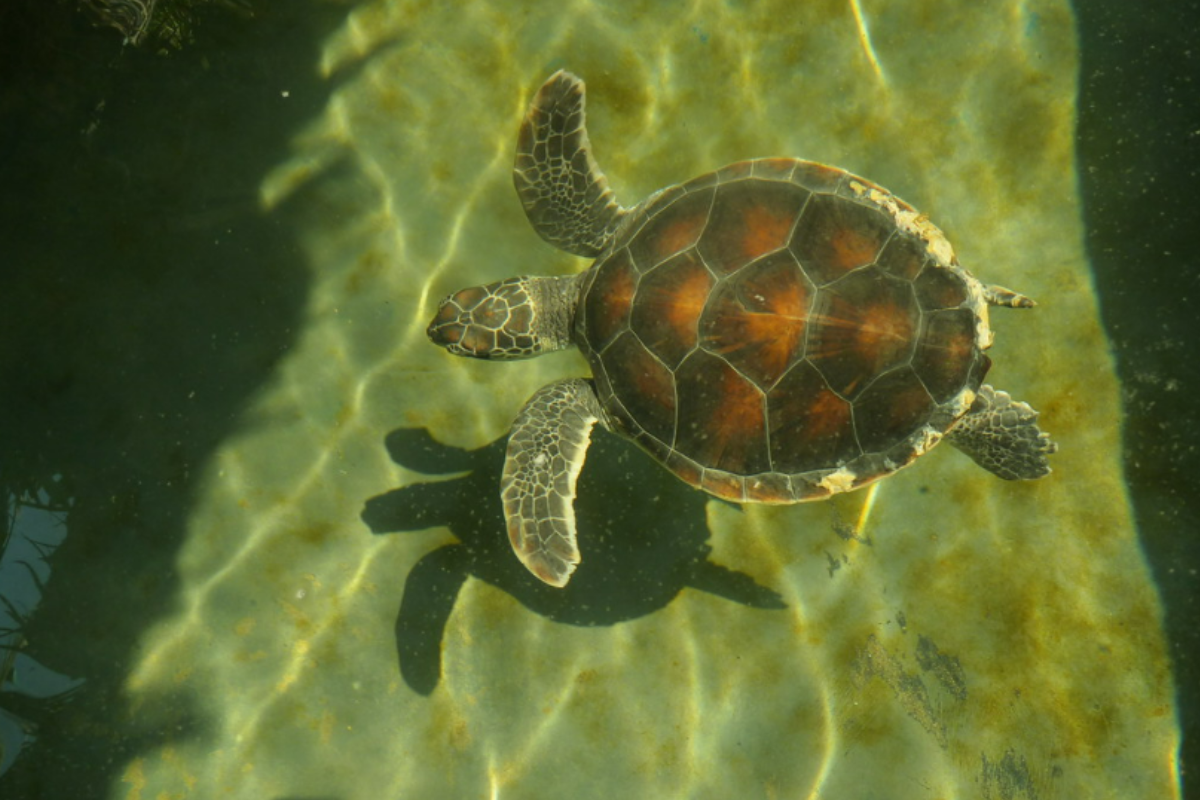
Participating in sea turtle conservation creates powerful family memories while contributing to the preservation of these ancient marine reptiles facing multiple threats. Several ethical projects along both Caribbean and Pacific coasts allow families with older children to join nighttime beach patrols during nesting season, helping researchers locate nesting females, measure shells, and count eggs.
Hatchery programs sometimes offer dawn or dusk opportunities for families to witness and assist with baby turtle releases, creating emotional connections to marine conservation efforts with global significance.
Ziplining Through Monteverde Cloud Forest
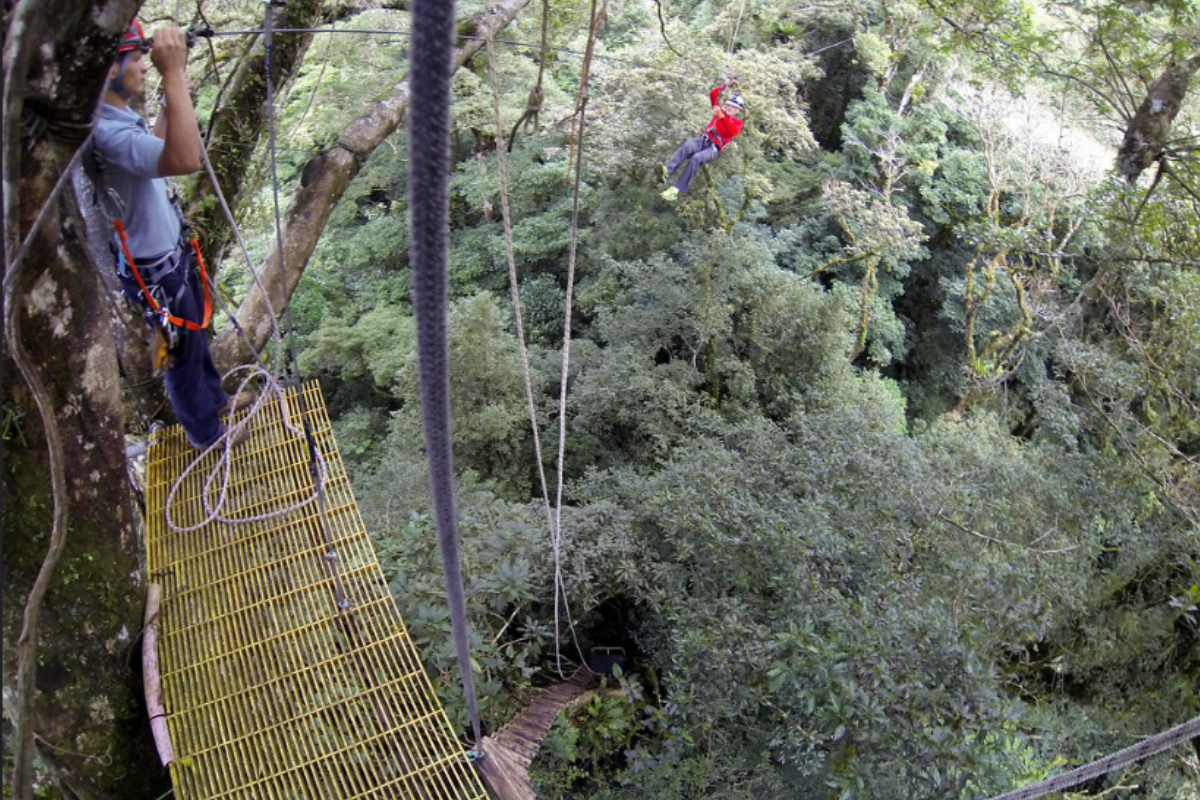
The birthplace of recreational ziplining continues to offer Costa Rica’s most exhilarating forest canopy experiences amid cool, misty cloud forest ecosystems. Modern zipline courses feature professional safety standards, comfortable full-body harnesses, and automatic braking systems, making this adventure accessible to children as young as six.
Between heart-pounding flights across forested valleys, naturalist guides explain the remarkable biodiversity found at different forest levels, from epiphyte-laden treetops to the understory where resplendent quetzals sometimes make appearances.
Chocolate Farm Tours in the Caribbean Lowlands
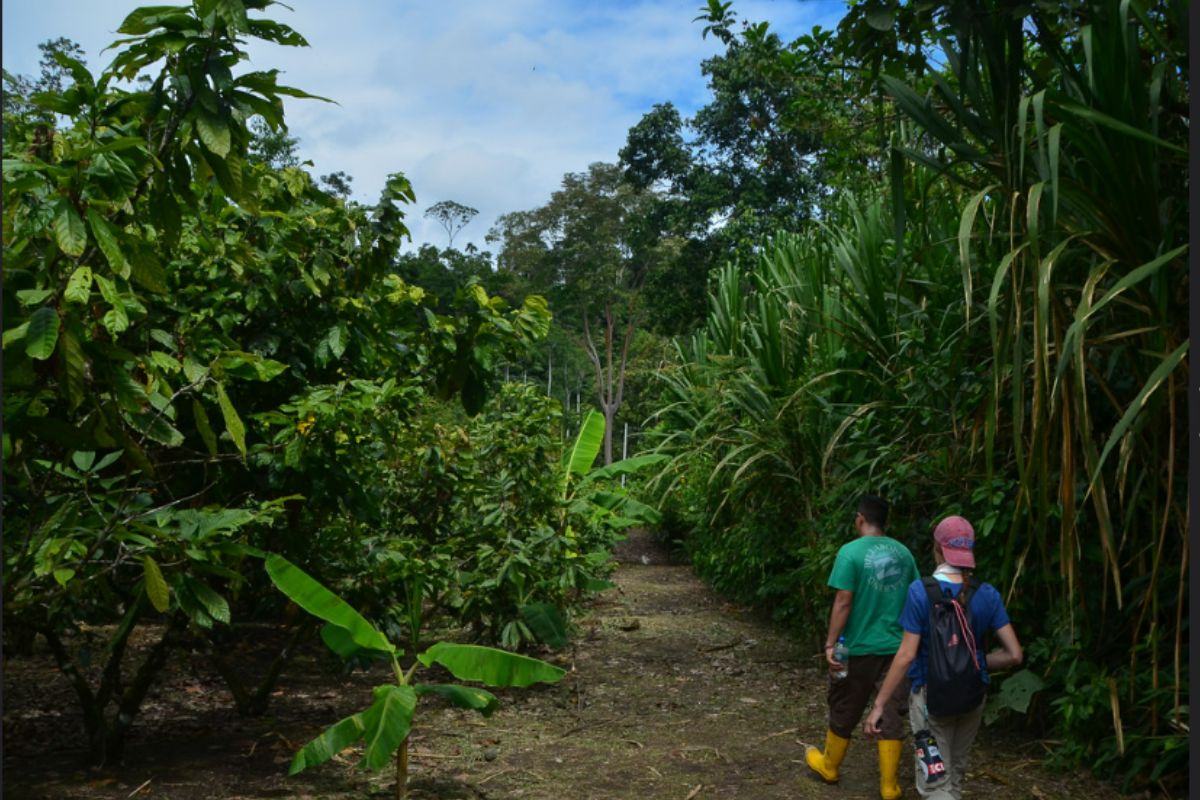
Interactive chocolate experiences reveal the fascinating journey from cacao pod to finished product while sharing the crucial historical role this “food of the gods” played in pre-Columbian cultures. Family-friendly tours begin with forest walks identifying cacao trees and harvesting the colorful pods before children crack them open to taste the sweet white pulp surrounding the bitter seeds.
The hands-on process continues through fermentation, drying, roasting, and grinding before families create their own chocolate treats flavored with local spices, fruits, or chilies.
Like Travel Pug’s content? Follow us on MSN.
Exploring Tide Pools at Playa Conchal or Cahuita
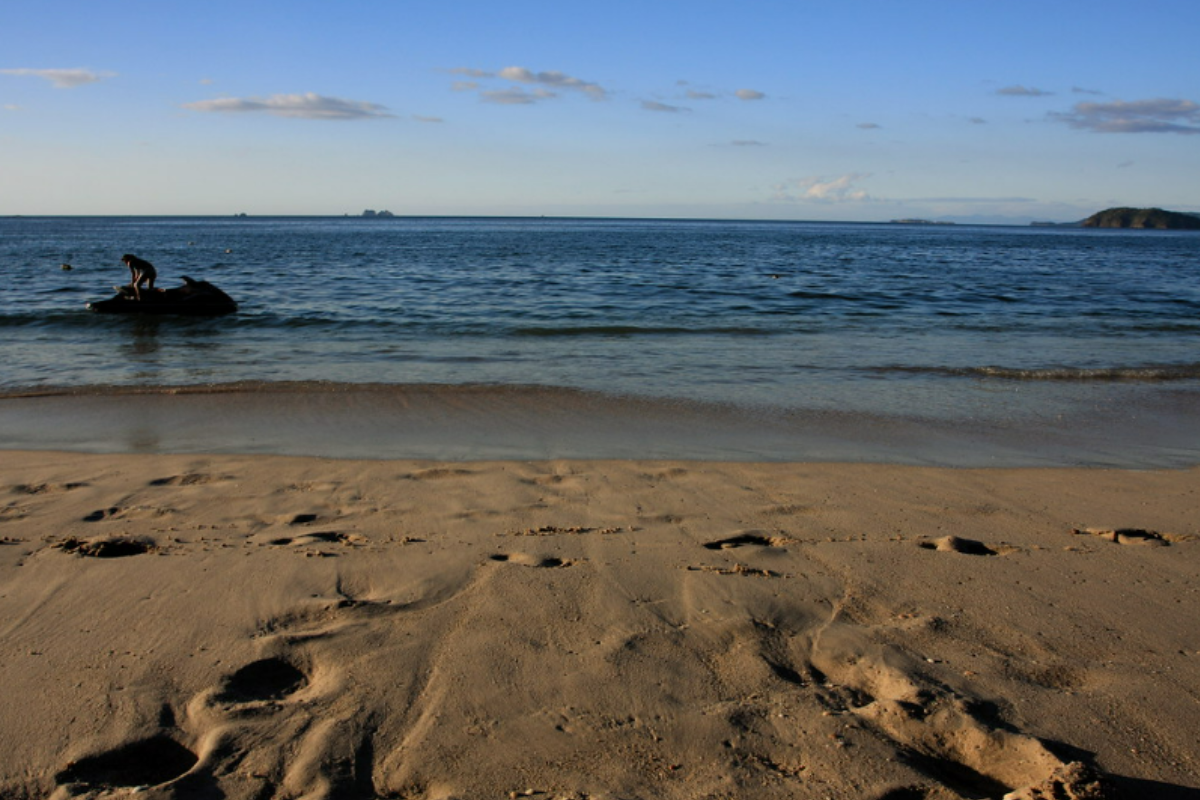
The fascinating miniature ecosystems revealed during low tide along Costa Rica’s rocky shorelines create natural aquariums perfect for young explorers. The white shell fragments comprising Playa Conchal beach hide tide pools containing colorful fish, sea urchins, anemones, and occasional octopuses that children can observe respectfully under parental guidance.
The protected reef system at Cahuita National Park on the Caribbean coast offers similar discoveries with the added benefit of surrounding rainforest trails where howler monkeys and sloths frequently appear.
Whitewater Tubing Adventures in Rincón de la Vieja
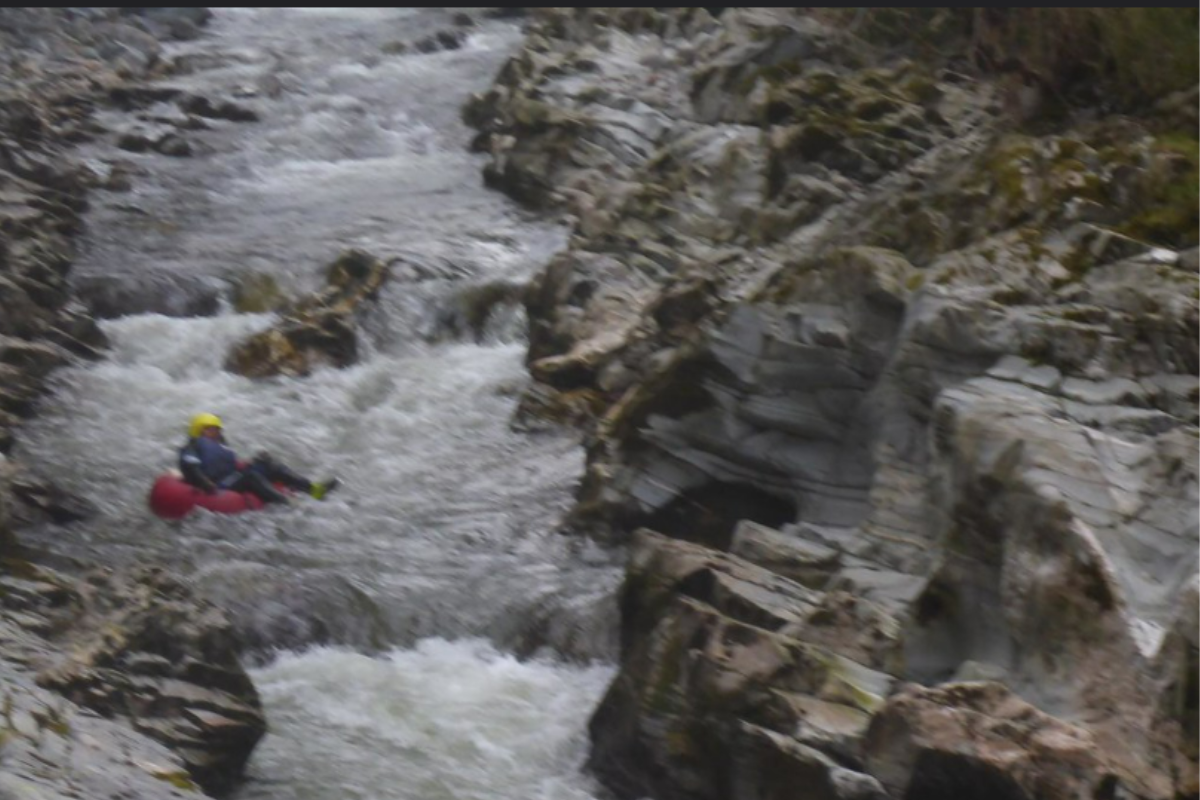
The unique volcanic landscape around Rincón de la Vieja National Park creates perfect conditions for family-friendly river tubing experiences, combining refreshing water play with scenic canyon landscapes. Professional guides help families navigate interconnected river pools and gentle rapids while pointing out riverside wildlife and explaining how volcanic activity shaped these dramatic water courses.
The activity provides a cooling adventure during dry season months when temperatures rise, with natural water slides and swimming pools creating perfect rest stops between tubing sections.
Birdwatching at La Selva Biological Station
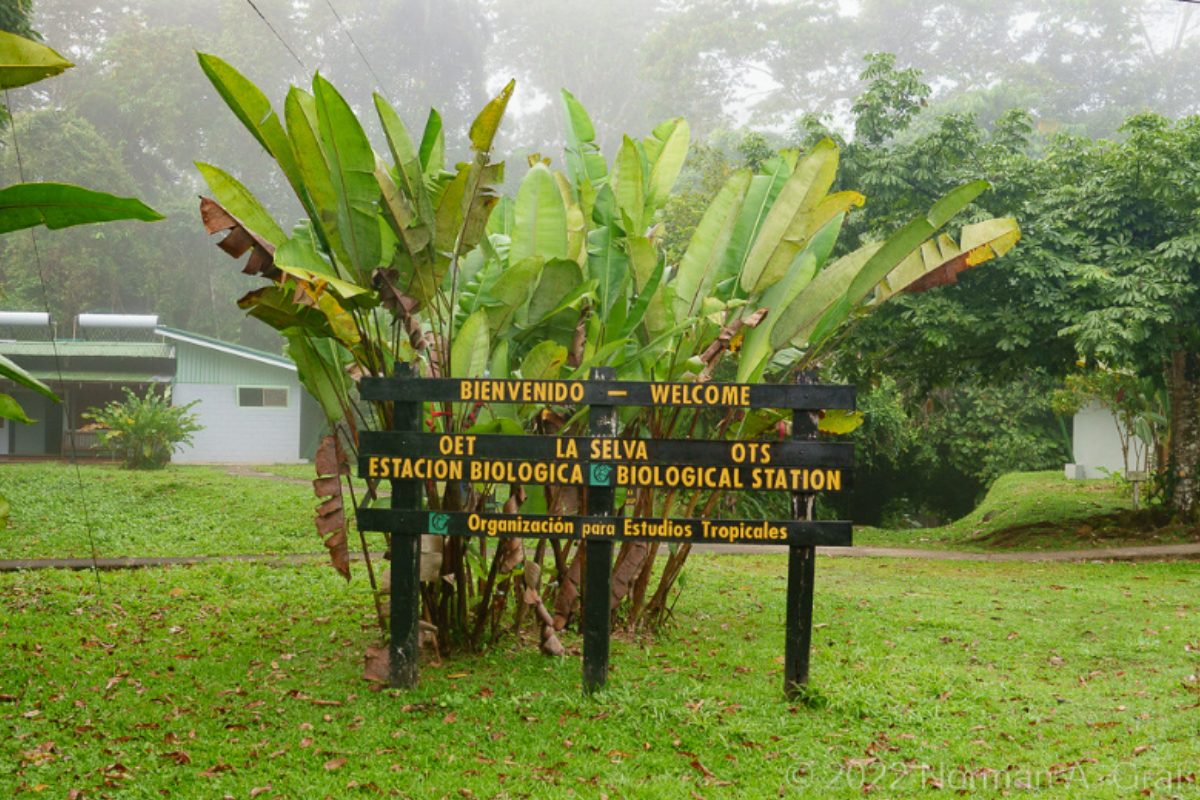
This internationally renowned research station welcomes families to explore its extensive trail system through pristine lowland rainforest, where over 400 bird species have been documented. Early morning guided walks reveal spectacular species like the keel-billed toucan, sunbittern, and great green macaw, with guides providing child-sized binoculars and field guides appropriate for young wildlife enthusiasts.
The station’s scientific focus creates opportunities for children to interact with researchers studying everything from leaf-cutter ants to poison dart frogs, inspiring interest in tropical ecology careers.
Like Travel Pug’s content? Follow us on MSN.
Diamante Eco Adventure Park’s Wildlife Center
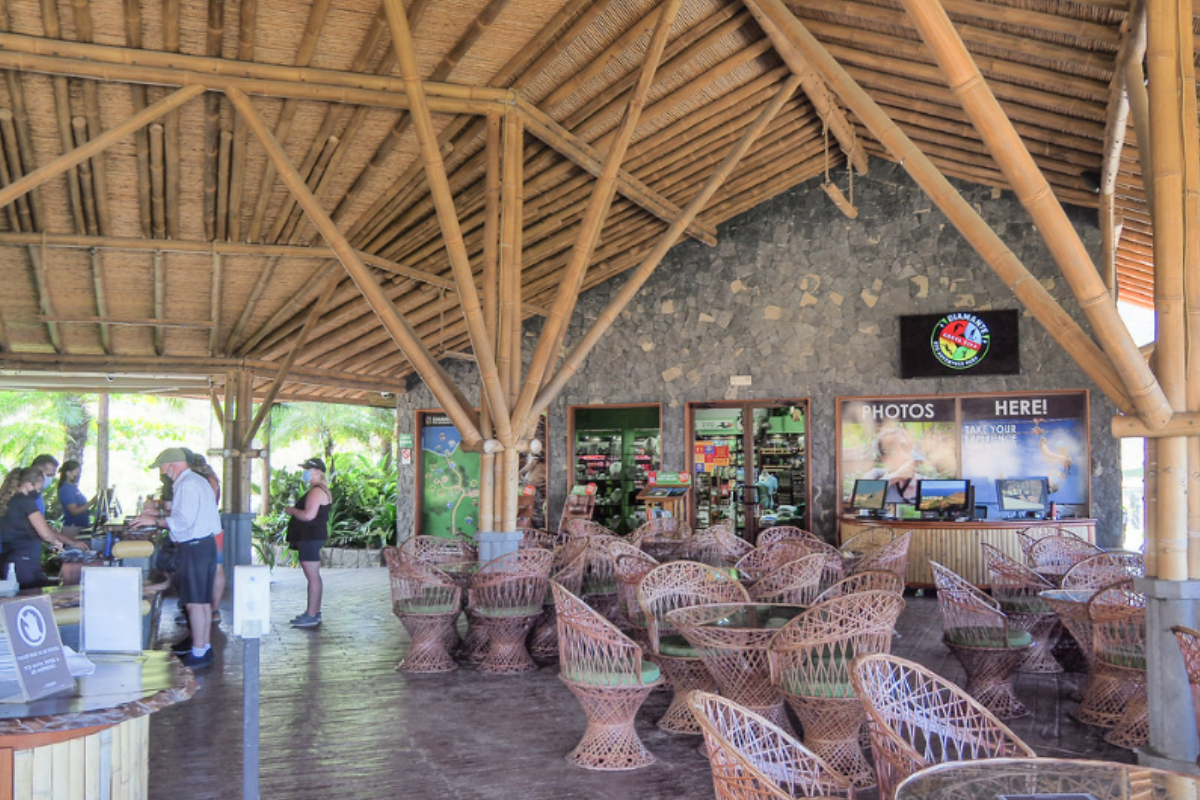
This conservation-focused facility on the Guanacaste coast houses the world’s largest butterfly observatory alongside excellent wildlife habitats for sloths, monkeys, and big cats rescued from illegal pet trade or hunting situations. Unlike traditional zoos, the center emphasizes natural behaviors, education, and Costa Rica’s conservation success stories while providing guaranteed wildlife sightings that complement less predictable encounters in national parks.
Naturalist guides explain the specific conservation challenges facing different species while sharing success stories of animals returned to the wild after rehabilitation.
Exploring Volcanic Features at Arenal or Poás
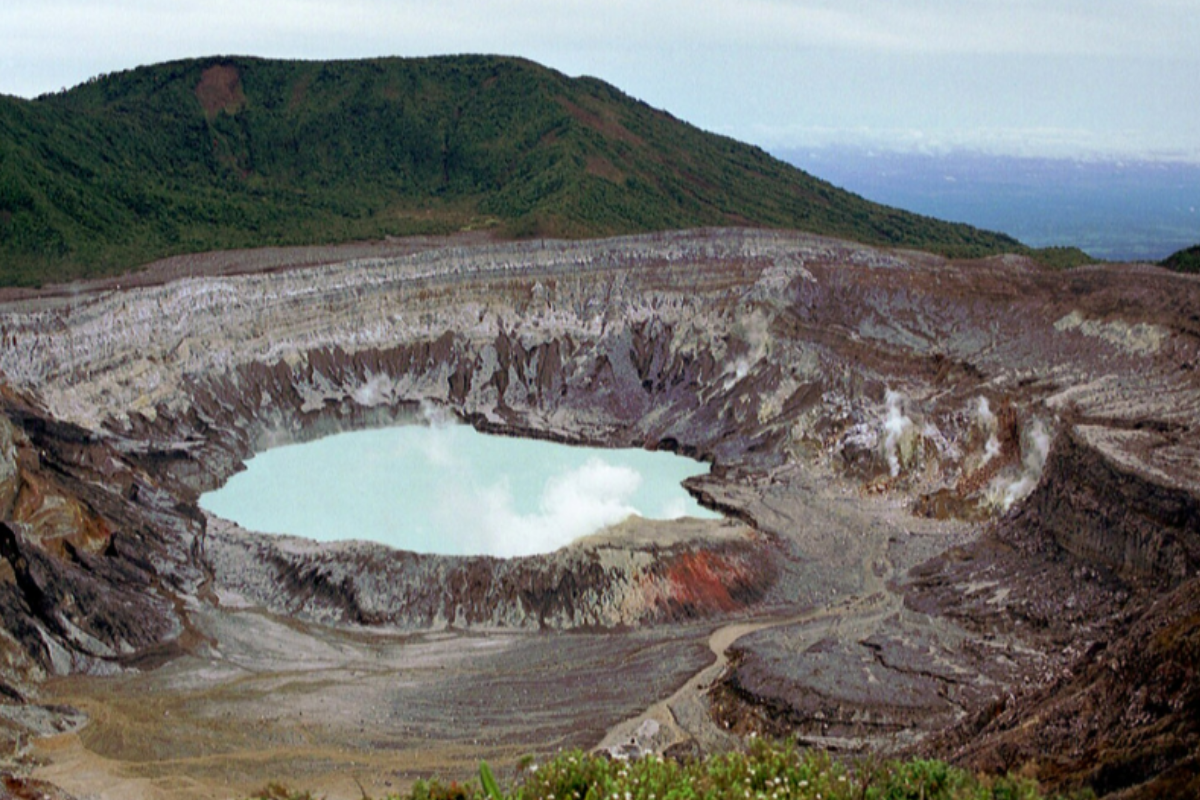
Costa Rica’s volatile geology created the dramatic volcanic cones that define many regions, with several providing safe, family-friendly opportunities to understand these powerful forces. The perfectly conical Arenal Volcano offers excellent hiking trails through lava fields from previous eruptions.
At the same time, nighttime visits to geothermally heated springs reveal the fiery energy still present beneath the surface. Poás Volcano’s massive crater contains one of Earth’s most acidic lakes, viewable from safe observation platforms where interpretive displays explain the ongoing geological processes visible through rising steam plumes.
Boat Safaris Through Tortuguero National Park
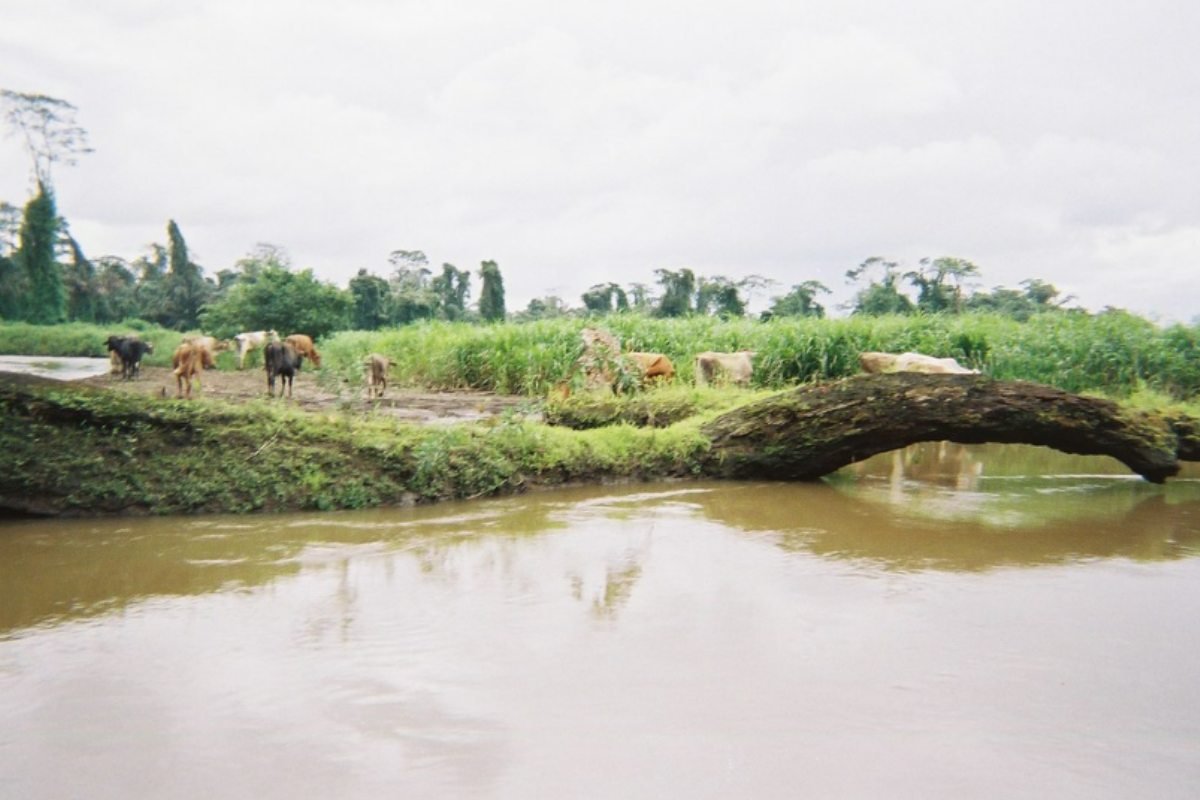
Often called Costa Rica’s Amazon, the remote waterways of Tortuguero National Park create an ideal habitat for river otters, caimans, monkeys, and countless bird species best observed from small boats navigating the narrow canals. The absence of roads in this region means families must access the park by boat or small aircraft, adding to the adventure before wildlife viewing even begins.
Naturalist guides explain how this remarkable ecosystem connects freshwater and marine environments while pointing out easily missed wildlife like tiny poison dart frogs or camouflaged boat-billed herons hiding along the shoreline.
Like Travel Pug’s content? Follow us on MSN.
Sustainable Farming Experiences in Mastatal
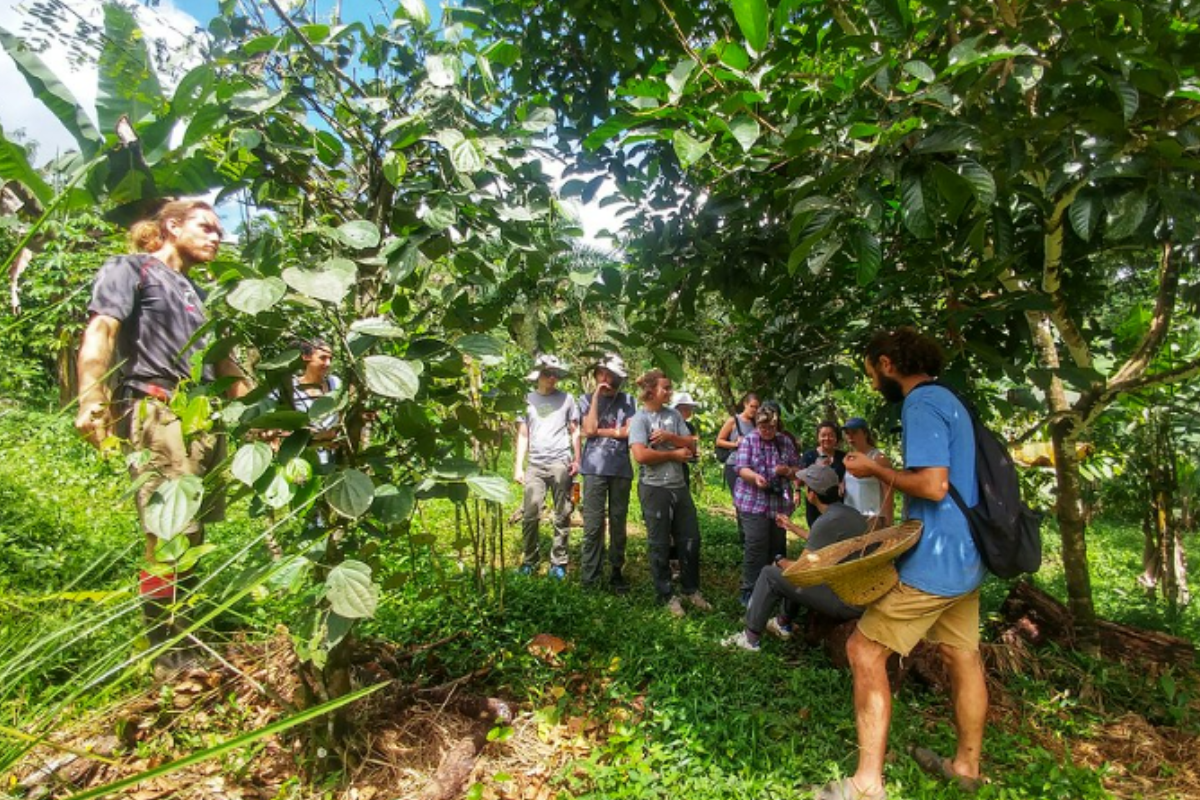
Community-based tourism initiatives in rural Mastatal offer families hands-on experiences with permaculture, agroforestry, and sustainable building techniques on working farms committed to regenerative agriculture. Children particularly enjoy harvesting fresh fruit directly from trees, collecting eggs from free-range chickens, and making natural building materials like cob (sand, clay, and straw mixtures) used in traditional construction.
Multi-day farm stays provide immersive experiences completely different from resort environments, with shared meals, farm activities, and genuine connections with Costa Rican rural lifestyles.
River Swimming at Río Celeste in Tenorio Volcano National Park
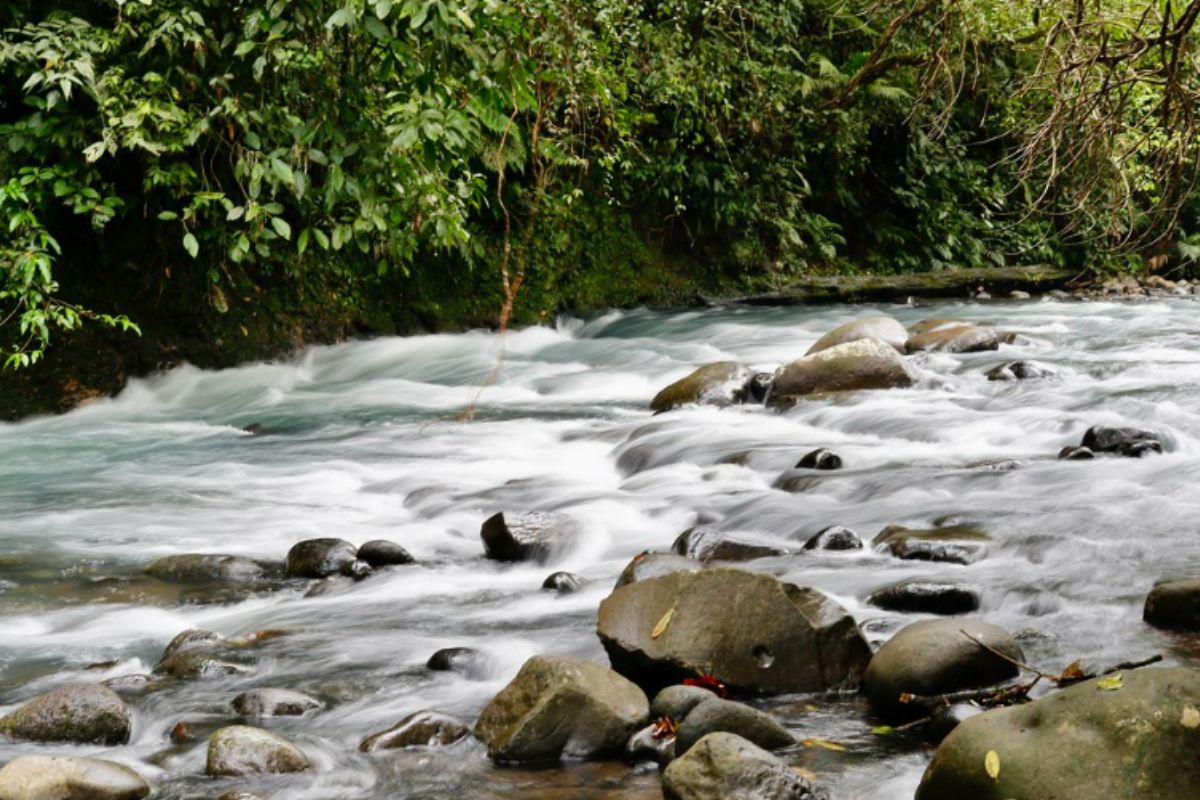
The surreal turquoise waters of Río Celeste appear almost photoshopped in their intensity, created by volcanic minerals suspended in the crystal-clear water. The moderate hiking trail to reach this natural wonder traverses primary rainforest where wildlife sightings remain common, making the journey as rewarding as the destination itself.
Swimming directly in the turquoise section remains prohibited for conservation reasons. Still, designated swimming areas in the same river system offer refreshing natural pools where families cool off after hiking while surrounded by pristine forest.
Experiencing Sustainable Family Ecolodges
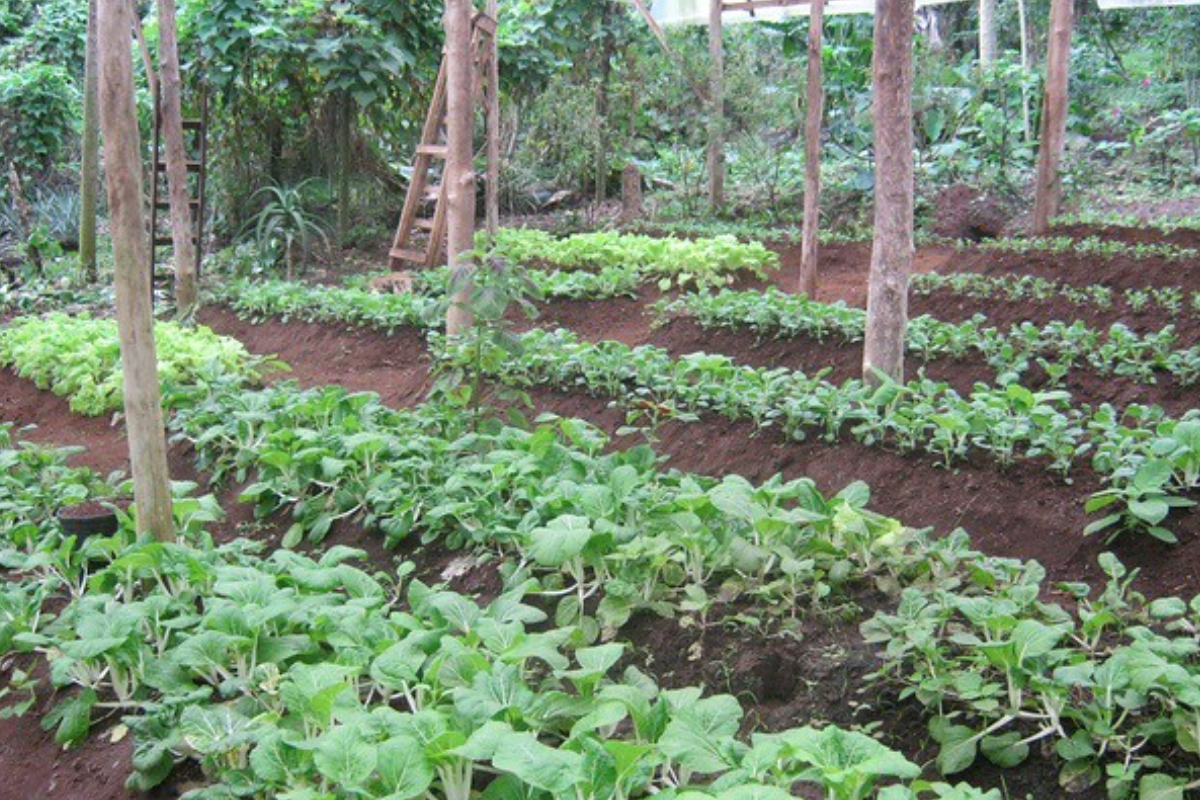
Costa Rica pioneered the ecolodge concept decades before “sustainability” became a global tourism buzzword. Its exceptional family-friendly properties focus on environmental education rather than artificial entertainment.
Lodges like Finca Luna Nueva, Rancho Margot, or La Cusinga integrate children naturally into farm activities, forest exploration, and wildlife observation while eliminating electronic distractions. These authentic accommodations create natural learning environments where families connect through shared discoveries while supporting properties with genuine commitments to conservation and community development.
Like Travel Pug’s content? Follow us on MSN.
Beyond the Resort Bubble
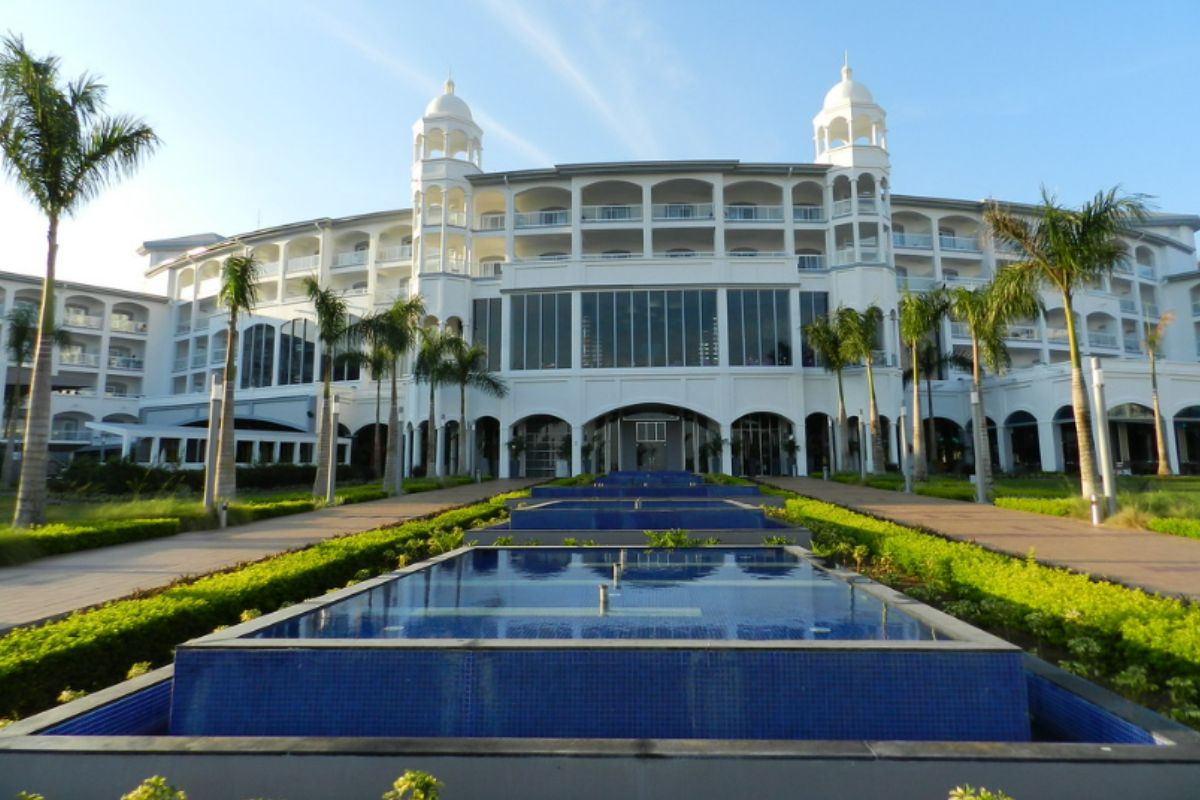
These twenty experiences represent Costa Rica at its most authentic, where natural wonders, cultural heritage, and adventure come together without artificial barriers between visitors and the destination. Families who venture beyond resort environments discover the true meaning of pura vida through connections with local communities, immersion in extraordinary ecosystems, and age-appropriate challenges that build confidence and environmental awareness.
While resort vacations create comfortable predictability, these alternative adventures produce the transformative travel moments children remember into adulthood—encounters with fascinating wildlife, conversations across cultures, and natural places that inspire lifelong conservation values.
More from Travel Pug

- Cities Growing so Fast You Won’t Recognize Them in 10 Years
- 13 Destinations Where Tourists Regularly Regret Their Trip
- 20 Obscure WWII Sites Even History Buffs Don’t Know About
- 10 Under-the-Radar Mountain Towns That Are Both Affordable and Beautiful
- Remote Villages in Europe Where You Can Live for Free in Exchange for Work
Like Travel Pug’s content? Follow us on MSN.
